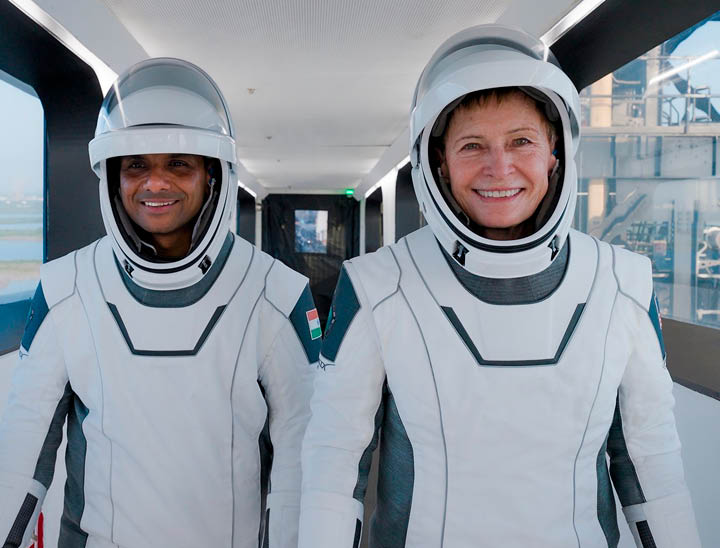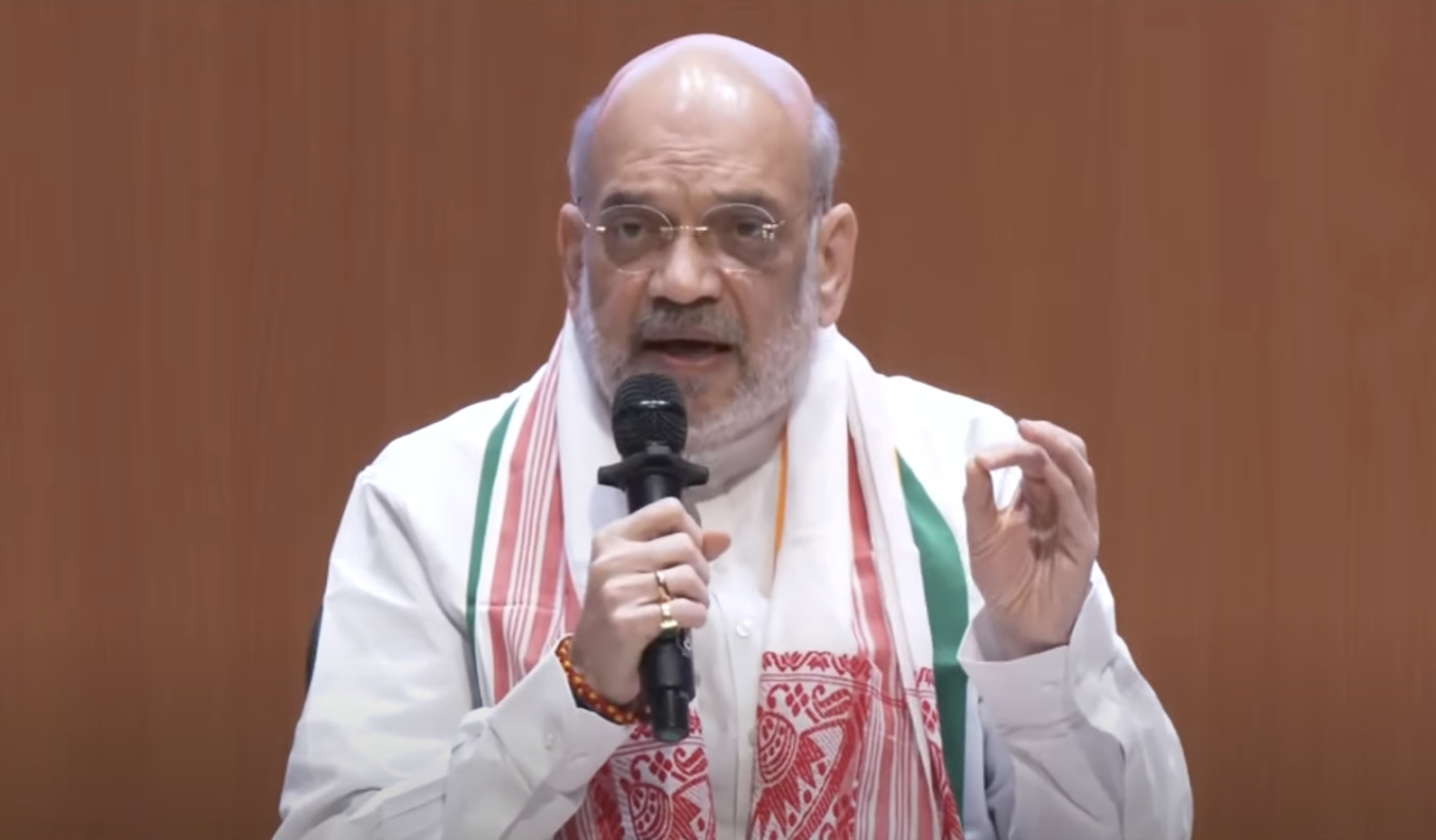NEW DELHI — After more than four decades since an Indian last ventured beyond Earth, a new chapter is about to be written in India’s space story — and it’s deeply personal and inspiring.
Shubhanshu Shukla, a brave test pilot from the Indian Air Force, is set to become India’s first astronaut in 41 years. On Wednesday, June 11, he will board a SpaceX Dragon spacecraft and blast off from Florida’s Kennedy Space Center, heading toward the International Space Station (ISS).
Shukla will be part of a diverse crew alongside Commander Peggy Whitson from the US, Polish Mission Specialist Sławosz Uznański-Wiśniewski, and Hungarian Mission Specialist Tibor Kapu. Together, they will spend up to two weeks living and working in space — an incredible journey that fills millions back home with pride and excitement.
In Shukla’s hometown of Lucknow, life has taken on a festive buzz. The streets are adorned with posters wishing him luck, and people stop to snap selfies with his life-sized cutouts. It’s a moment of collective celebration — a reminder of the dreams that connect everyday people to the vast cosmos above.
Behind the scenes, Shukla’s family has found comfort too. Last month, Israeli astronaut Eytan Stibbe, who flew a similar mission in 2022, visited them, offering reassurance and sharing his own experiences. The warmth and support around Shukla show that this mission is about more than just science — it’s about human connection.
This mission also marks a significant step in India’s broader space ambitions. Prime Minister Narendra Modi’s government is eager to close the gap with space-faring giants like China, which already has its own space station and plans to send astronauts to the moon. India made headlines recently with a robotic landing near the moon’s south pole in 2023, and there are bold plans ahead: sending astronauts on Indian rockets by 2027, launching Earth-observation missions with NASA, and even building an Indian space station by 2035.
Experts across the globe have taken notice. The European Space Agency recently agreed to cooperate with India’s space agency ISRO, and Japan’s space agency is in talks about joint lunar missions. As Sudheer Kumar, a former ISRO director, puts it: “It is India’s time now.” India’s unique strength lies in combining world-class expertise with cost-effective innovation, boosted by growing private-sector involvement.
The mission hasn’t been without drama — just last week, a social media spat between former US President Donald Trump and Elon Musk briefly threatened to delay the launch. Musk’s quick clarification put those worries to rest, and now all eyes are on Shukla.
Beyond the historic flight itself, Shukla’s mission holds promise for the future of India’s space program. He’ll be carrying fenugreek and mung bean seeds to see how they grow in zero gravity — tiny experiments that could one day help astronauts grow food on long missions. This kind of knowledge will be invaluable for India’s upcoming Gaganyaan program, aimed at sending Indian astronauts into space on Indian rockets.
As the countdown ticks down, Shukla carries not just his own hopes but the aspirations of millions of Indians watching the skies. His journey is a powerful reminder that with courage, collaboration, and a little bit of cosmic wonder, even the loftiest dreams can come true.




